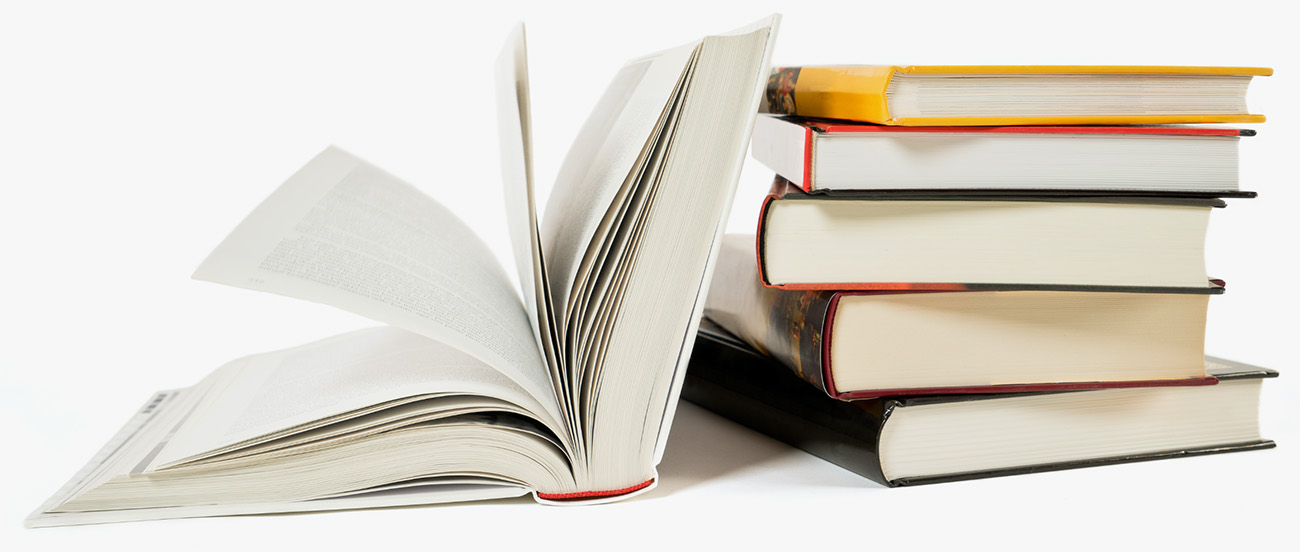Hugo House teachers are at the core of our goal to help writers become better writers. Our teachers are writers; they are selected on the basis of their active engagement in the literary world as well as their love of teaching.
Teachers


Hugo House teachers are at the core of our goal to help writers become better writers. Our teachers are writers; they are selected on the basis of their active engagement in the literary world as well as their love of teaching.